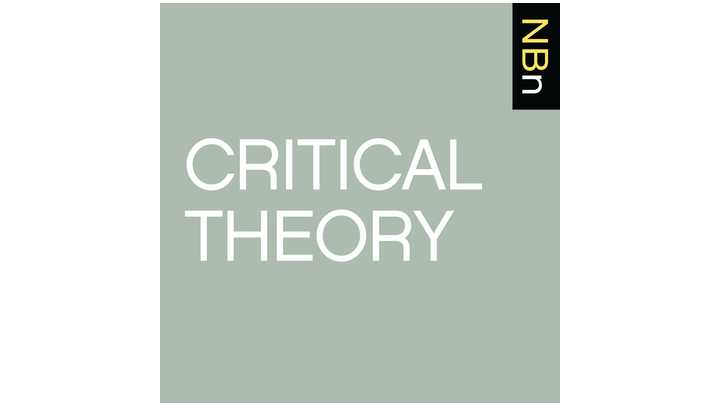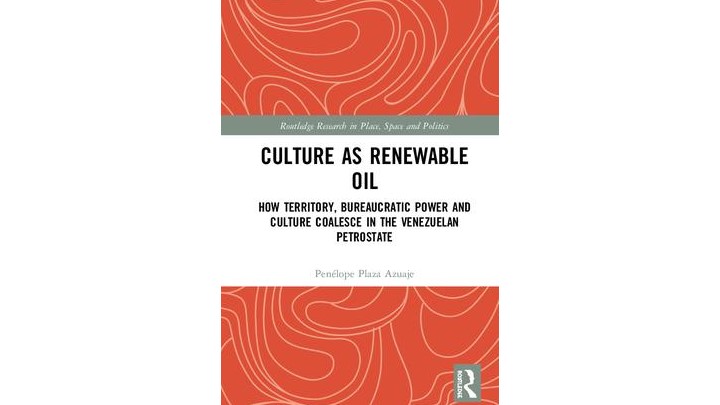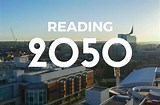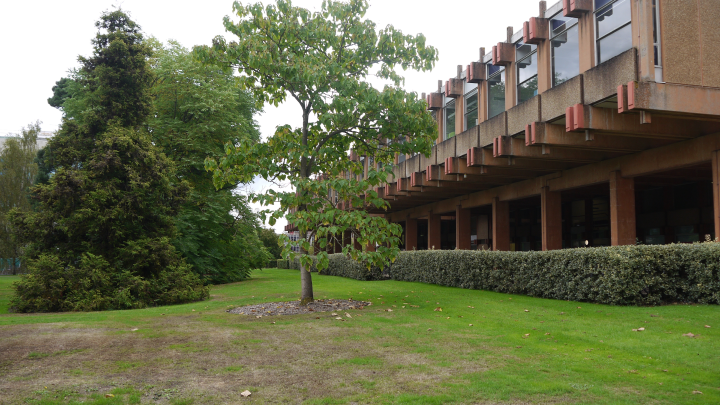University of Reading Postdoctoral Research Fellow, Jose Luis Ramirez-Mendiola, interviews Jacopo Torriti about his work in Flexibility.
What is demand side flexibility in simple terms?
Demand side flexibility is the capacity to use energy in different locations at different times of the day or the year. Storing electricity, changing the timing of an activity, switching fuels, smoothing peaks in demand, increasing demand when there are plenty of renewables on (for instance on sunny and breezy Sunday afternoons in the summer) are all examples of demand side flexibility. What is more, in the case of mobility, re-arranging destinations and planning journeys differently in order to reduce energy demand and avoid congestion are forms of demand side flexibility.
Why do we need to make the demand side flexible?
In a net zero carbon future having more renewable sources of electricity means that there will be less flexibility in generating electricity whenever it is needed. Alternative ways of providing the flexibility needed to maintain the system balance will have to be sourced from demand. It is against this background that demand side flexibility is framed as way to integrate the changing needs of electricity supply.
Why are you so interested in flexibility?
To me, as an energy economist, flexibility is about opportunities to charge more for electricity consumption at certain times of the day, but also concerns around who will have to pay and opportunities to save money. Flexibility also relates to complex investment decisions, in which questions emerge around what the right price to pay is for higher flexibility. Research on flexibility represents a yet underrated treasure which has the potential to uncover not just how individuals respond to price and technology, but also how synchronised society is around certain times of the day. Flexibility is constituted and limited by the interaction of social and infrastructural arrangements including systems of storage and generation alongside social and institutional rhythms. These are critical for the fast-changing relation between the timing and volumes of energy demand, on the one hand, and the provision and consumption of energy services on the other. Identifying the scale of future flexibility and where and when it lies is a central priority for CREDS, along with the task of anticipating and addressing ‘flexibility gaps’ of different forms.
Are there any key messages you would like to emerge from your research on flexibility?
What we aim to communicate is that our work is about unpacking flexibility, showing that it does not just happen through price and technological intervention. As a team we thought we would focus on one or two messages for each year of CREDS and connect as much as possible these messages with core areas of work for each project on flexibility.
And so, for now we have six messages we would like to communicate. First, the idea that an excessive focus on technology and price may end up delivering less flexibility (rather than more). We call this the ‘fixity of flexibility’. Second, we challenge the proposition that flexibility is a win-win for everyone. I have presented work on this as part of my inaugural professorial lecture. Third, there is a whole history of flexibility of demand and supply coming from historical examples and sectors other than energy. We are organising a Special Issue in the Journal of Energy History, which will capture some examples of flexibility form the past. Fourth, demand side technologies are not invisible as they often bring about changes in the timing of services. Fifth, price elasticity of demand is not the right thing to measure when it comes to flexibility. Sixth, variabilities of demand follow institutional rhythms: different types of flexibility can happen if in harmony with institutional rhythms.
How can we increase demand side flexibility?
A relatively narrow view is that demand side flexibility increases if individuals are exposed to changes in technology and price. Demand side technologies include home battery storage, vehicle-to-grid electric vehicles, smart heat pumps and other delayers for appliances and forms of automation in the so-called ‘smart home’. Price intervention relates to Time of Use tariffs, tariffs based on actual capacity, tariffs based on agreed capacity, real-time pricing, critical peak pricing, critical peak rebates and block pricing. However, it would be simplistic to think that demand side flexibility can only occur through technology and price intervention. Thinking creatively about the relation between supply and demand and the role of time can generate other demand side flexibilities. Some of these examples could come from non-energy areas, such as more work from home, changes in school hours and slow cooking.










